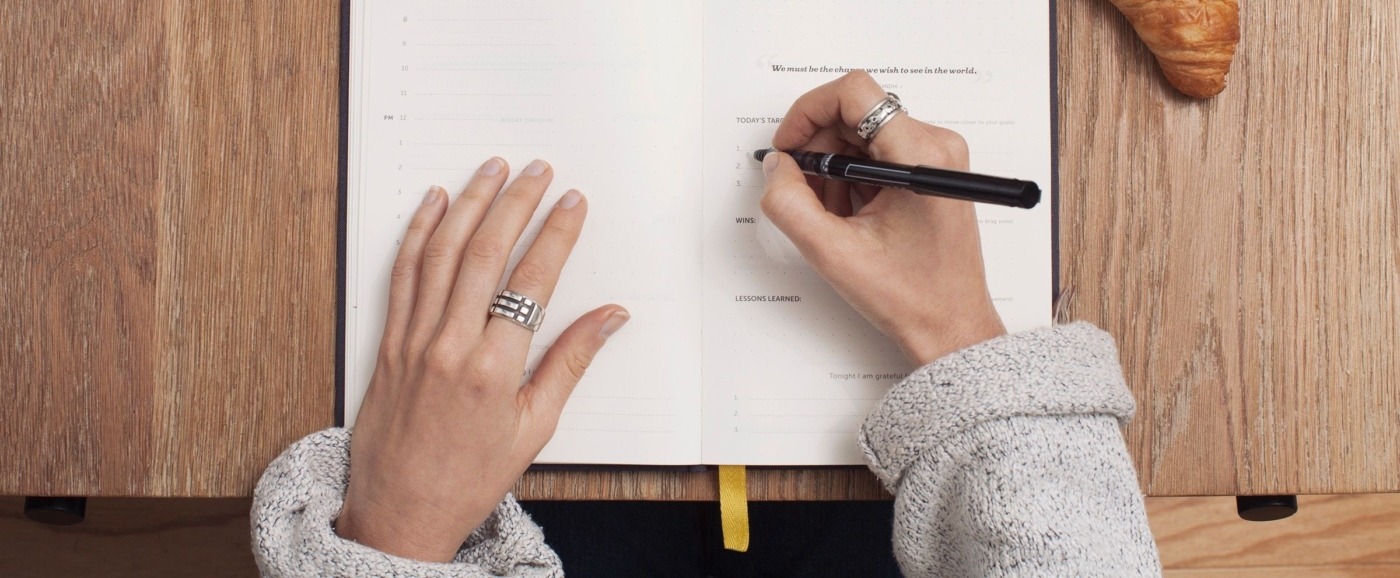Self-help books – how useful are they actually?
The opening page of James Clear’s bestseller Atomic Habits holds synoptic definitions of the two words in its title: atomic as “an extremely small amount of a thing” and habit as “a routine performed regularly”. Clear’s book is the latest in a swathe of self-help books which, at their core, all sell a single word: simplicity. As someone who has read or listened to several of these books, from Mark Manson’s The Subtle Art of Not Giving A F*ck, to Your Money or Your Life by Vicki Robin and Joe Dominguez and Steven Bartlett’s The Diary of a CEO, it is clear that the single greatest thing these books have in common is their attraction to us, you and me, as readers.
Since its publication, Atomic Habits has sold a total of more than 15 million copies worldwide. That is at least 15 million different people who browsed on Amazon, scrolled through Audible, surveyed their Kindle or wandered into a bookstore and decided to purchase a copy of the book. The act of the buying the book alone is already an indication that these people had some form of desire to improve themselves. It is important to acknowledge that there is therefore a market, perhaps bigger than ever, for these books today.
After reading enough of these books, I believe that no matter who you are they will get you to think and be more conscious about the way you are living your life.
However, the more interesting question is whether they are actually able to challenge and change the way you live your life?
However, the more interesting question is whether they are actually able to challenge and change the way you live your life? I began reading Atomic Habits upon starting university, at a time when my life was already in transition. The first thing that appealed to me about the book was how easy it was to read. As a second-year History and Politics student, I have since had to read a lot of lengthy and information-dense academic pieces, but at the time I found myself with more time to read than ever before.
Getting through the first hundred pages in a couple days, I found the book read as a useful, witty and insightful instruction manual with humorous anecdotes, rather than the heady and monotonous academic overview of the science of habits that I was expecting. This allowed me to finish the book a lot more quickly, where I might have otherwise stopped. I also found myself almost instinctively stopping and taking notes at points in the book that I felt were relevant to me. I feel the marker of any good book is that it speaks to you directly.
As such, the beauty of self-help books is that they contain pearls of advice where the author signposts: “Hey, you…I wrote this down for you, just for you.” All you have to do is find the parts which reflect directly on your situation.
The author of any good self-help book will know that the trick to engaging any reader in taking practical action to do anything, is to make the advice they offer simple
The author of any good self-help book will know that the trick to engaging any reader in taking practical action to do anything, is to make the advice they offer simple. The majority of people are averse to change and so will default to keeping the same as many aspects of their life as possible so as not to create an upheaval of the comfortable truths they choose to live by. In The Subtle Art of Not Giving A F*ck, Mark Manson’s apt quote that “the more something conflicts with our identity, the harder it is to change”, is an idea I believe is resonant to most, if not all, of us. However, reading these books I found myself actually consciously wanting to change and better myself.
Allowing these books into my life during my journey through university, as one of the greatest times of change (both past and and future) for all of our lives, has been transformative. It has allowed me to have more agency over the person I want to be than I thought possible and to help a lot of other people along the way. It has reset my expectations about a lot of the ways I used to live my life and also shaped a lot of the governing principles by which I now life my life. I would therefore say this: Although by themselves self-help books are only small tools, and do not hold all the answers to the many big dilemmas and questions in our lives, they are a starting a point.
A starting point to understanding both ourselves, and the way we live our lives better. So, if you are like me, and feel that inner knack for wanting to improve comes knocking from time, I would encourage you to pick one of these books up. Although I can’t say what it is you will find inside the pages, I can say that whatever it is, you will be glad that you found it.

Comments